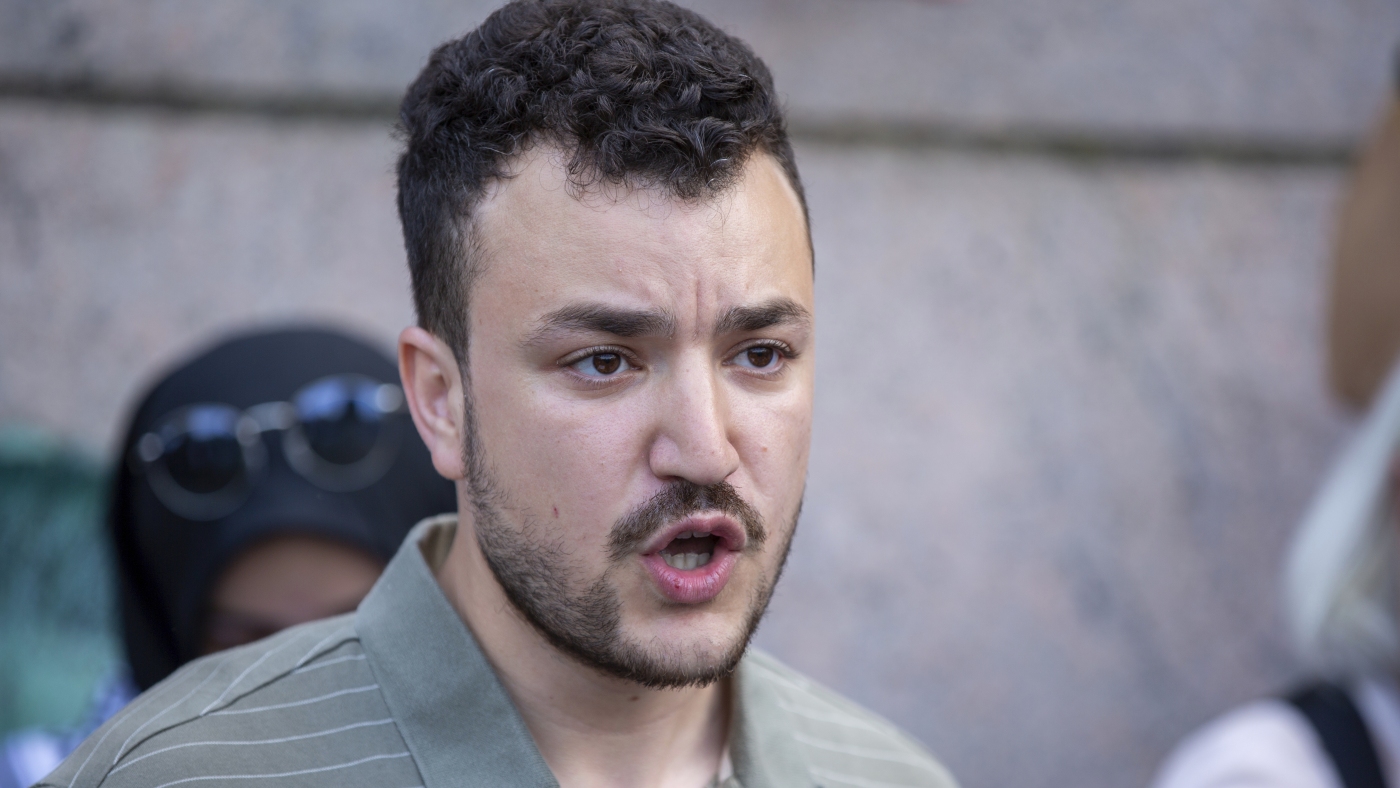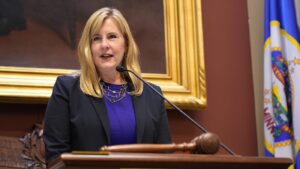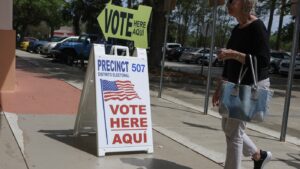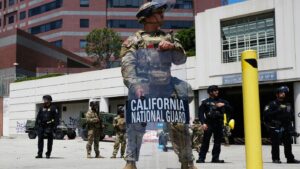Student Activist’s Continued Detention Raises Legal and Political Questions
In an unexpected twist, student activist Mahmoud Khalil remains in federal detention despite a judge’s previous ruling hinting at his potential release. The case has garnered attention due to shifting legal grounds and allegations of political motivations behind his arrest.
Mahmoud Khalil, a prominent figure in pro-Palestinian activism, was set for potential release following a ruling by U.S. District Judge Michael Farbiarz. The judge had recently found the initial reasons for Khalil’s arrest—alleged threats to U.S. foreign policy due to his activism—likely unconstitutional, suggesting these could not justify his continued detention. For more details on the judge’s earlier decision, you can read here.
However, in a recent development, Justice Department attorneys presented a new rationale for Khalil’s detention. They introduced an additional charge of fraud related to his 2024 green card application, which was added to his case nearly two weeks after his initial arrest by ICE agents in New York.
The government explained in a letter to the judge, “Khalil is now detained based on that other charge of removability,” asserting the legality of this new basis for detention.
Judge Farbiarz acknowledged this reasoning, allowing the government to detain Khalil on the grounds of alleged immigration fraud.
This decision represents a significant setback for Khalil and his legal representatives, who have been advocating for his release since his arrest as part of President Trump’s intensified actions against pro-Palestinian activists. Khalil’s lawyer, Baher Azmy, criticized the government’s actions as “cowardly vindictiveness” and accused them of punishing Khalil for his outspoken activism.
The Justice Department has refrained from commenting, while the Department of Homeland Security has not yet responded to inquiries.
Khalil’s arrest initially stemmed from actions by Marco Rubio, leveraging a seldom-used statute allowing the Secretary of State to deport individuals deemed a threat to U.S. foreign policy. Accusations against Khalil included associations with Hamas and promoting antisemitism, which he has denied, noting the lack of evidence provided by the government.
The subsequent fraud charge accuses Khalil of failing to disclose certain aspects of his employment history and affiliations, including ties to a U.N. agency supporting Palestinians. Khalil’s legal team argues that these charges are unfounded and serve as a pretext to facilitate his deportation should the original charges fail to hold up in court.
An immigration judge in Louisiana is currently evaluating whether the evidence supports deportation on the fraud charge. A ruling in Khalil’s favor could potentially lead to his release. Meanwhile, Khalil retains the option to seek bail from the immigration judge while his case is under review.

Student negotiator Mahmoud Khalil on the Columbia University campus in New York at a pro-Palestinian protest encampment on Monday, April 29, 2024. Ted Shaffrey/AP
This article was originally written by www.npr.org







Be First to Comment